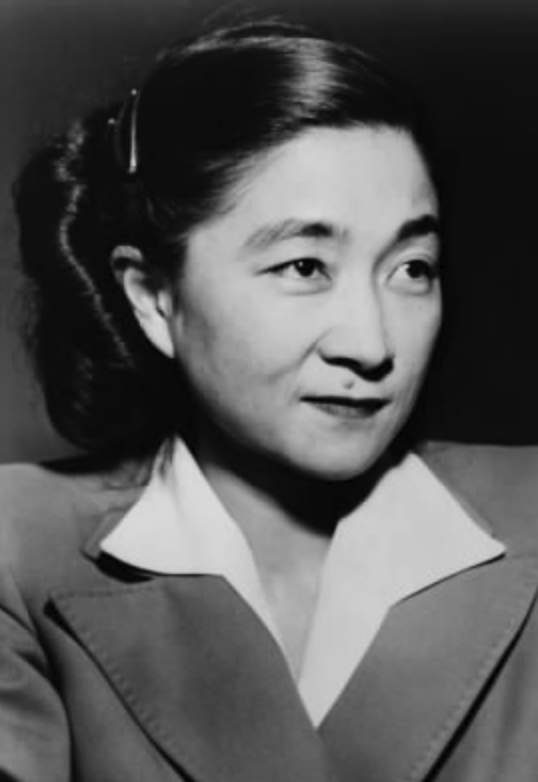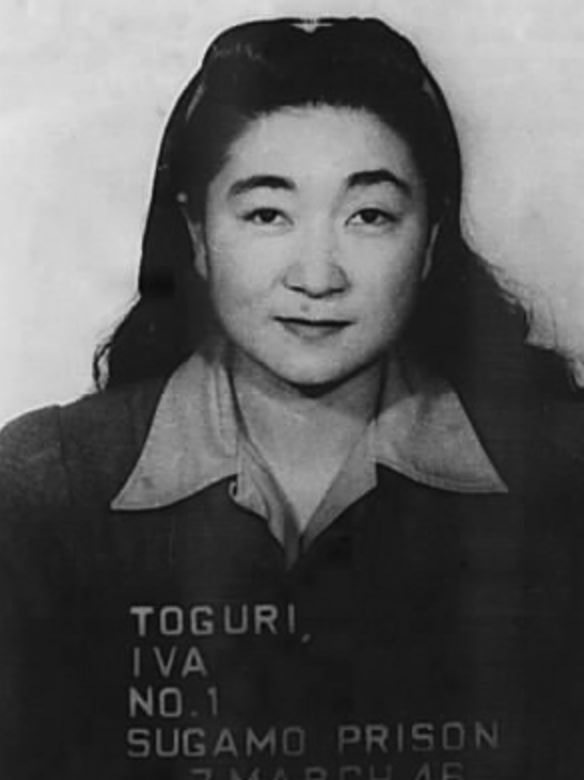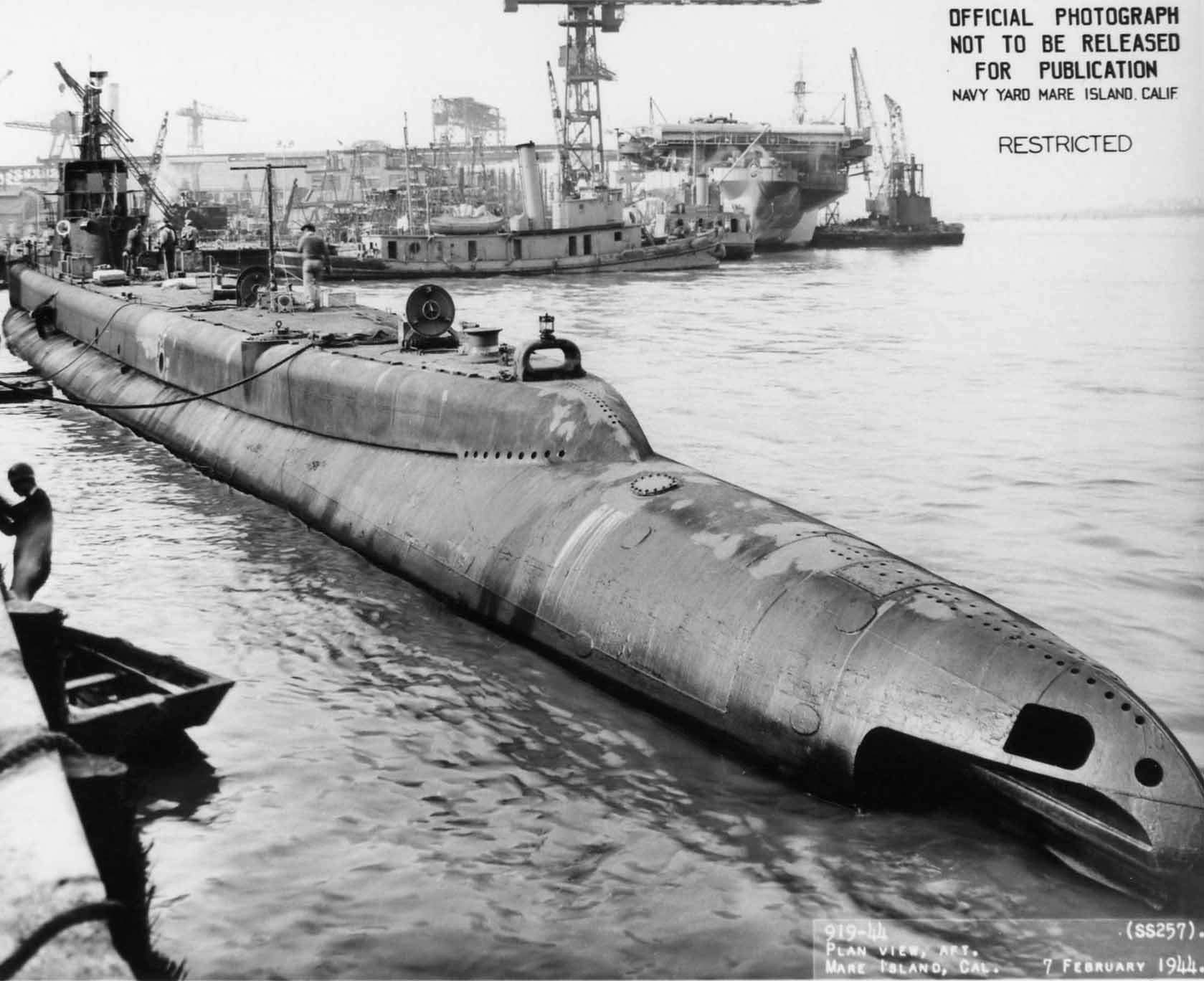On October 6, 1949, 33-year-old Iva Toguri d’Aquino was convicted of treason, sentenced to 10 years in prison, and fined $10,000. Prosecutors claimed Aquino betrayed her country when she broadcast Japanese propaganda over Radio Tokyo to armed forces in the Pacific during WWII. Aquino always maintained her innocence, saying she was a scapegoat and not a traitor. She was released from prison early for good behavior and eventually pardoned by President Gerald Ford in the 1970s.
Born Ikuko Toguri in Los Angeles in 1916. She was the daughter of first-generation Japanese immigrants and attended public schools in California. After graduation, Aquino attended UCLA, where she earned a degree in Zoology. In July 1941, six months before the Japanese attacked Pearl Harbor, Aquino sailed to Japan to visit a sick aunt. Before she could return home, the Japanese attacked Pearl Harbor, and the U.S. was at war. Aquino found herself stuck in Japan. Eventually, she got a typist job at Radio Tokyo and later started working as a broadcaster.
Radio Tokyo broadcast a show called Zero Hour. It was an English-language program meant to chip away at the morale of Allied soldiers. Ironically, soldiers looked forward to the farcical Japanese propaganda and catchy music. It was a way to break up the monotony of their duties. Americans especially loved hearing from Aquino, who broadcast under the pseudonym “Orphan Ann.” Her absurd broadcasts always left them chuckling. Soldiers nicknamed her “Tokyo Rose.”
While working at Radio Tokyo, Aquino became acquainted with an Australian POW who helped produce the show. He was a successful radio announcer before the war, and together with Aquino, wrote scripts that berated Allied soldiers in such an exaggerated way as to be comical. In April 1945, Aquino married Felipe Aquino in Japan. When the war ended, Aquino wanted to return home, but she was in dire financial straits.
In the meantime, U.S. military officials began tracking down those that might be guilty of war crimes. Two reporters tried to find “Tokyo Rose,” and following some leads, located Aquino. They offered her money for exclusive rights to her story. Aquino accepted (although she never got paid), and her story came to the attention of the military officials and a grand jury who indicted her. They returned her to the U.S., where she was arrested and charged with treason. Aquino maintained that her broadcasts were meant to undermine the Japanese government. She was found guilty and sent to prison.
After six years, Aquino was released for good behavior. She moved to Chicago and worked in her family-owned store. Twenty years later, two witnesses who testified at her original trial came forward to say they had been pressured to testify against her. Public opinion and anti-Japanese sentiment had changed, and in 1977, President Gerald Ford pardoned Aquino. She died in 2006 in Chicago.
If you would like to learn more about Tokyo Rose or WWII, search Fold3® today.






